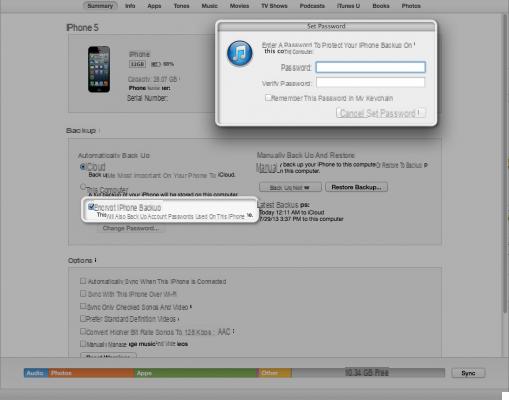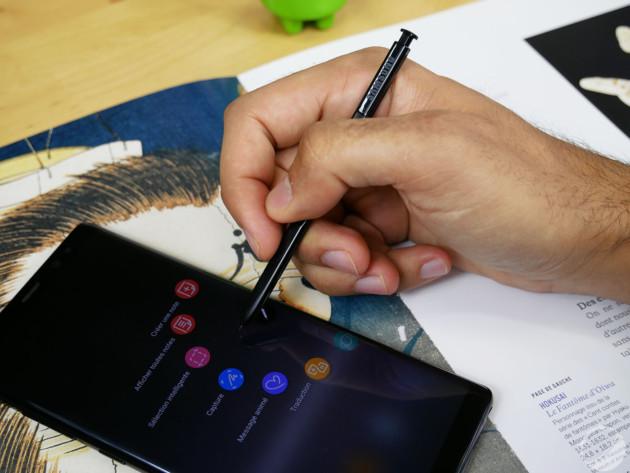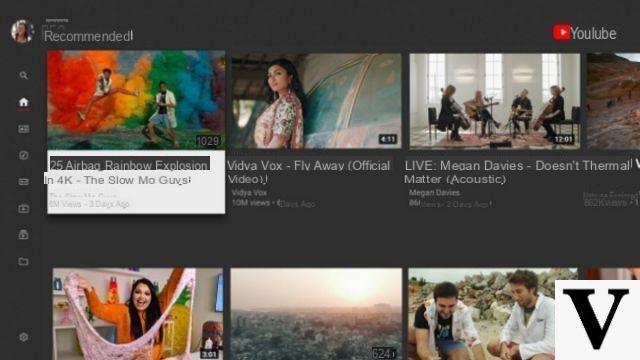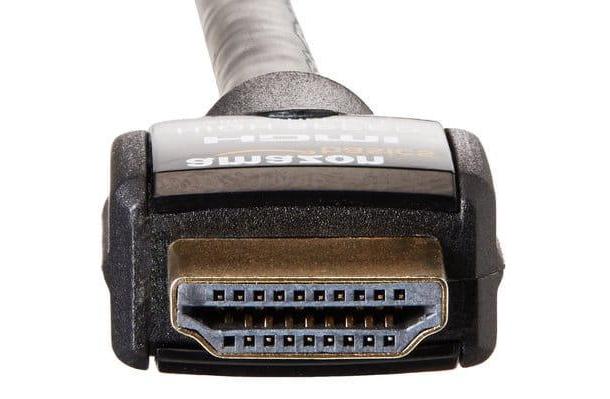
We release thousands of sensitive information onto the internet every day, most of the time without even realizing it. Browsers are undoubtedly the main vector with which we disclose our personal data. It is therefore crucial to be able to protect security and privacy.
Spreading personal data freely on the net can in some cases even be very dangerous. Careless use of browsers, for example, can hand over our geographic location to someone with malicious intent. And not only. The information collected is mainly used to learn about our internet habits and tailor advertisements. And the rule on which the internet is based. The problem is that, by crossing all this sensitive data, a criminal can trace, as has been shown, not only to the computer but also to the person who carried out a particular search. Therefore, it is necessary to know how to defend one's personal sphere.
Among the numerous browsers, Chrome is one of the most used. We will explain how to protect the security and privacy on the Google navigation program.
Location
We have already anticipated it, browsers can track our location. Or rather they can allow other sites to locate us, information which is then used to personalize the internet experience offered. If we want to safeguard privacy on Chrome, simply disable localization. It is a very easy process. First open the browser and then click on the icon in the shape of three vertical dots that you find at the top right. Then click on "Settings" and scroll down the page until you see the option "Advanced". Now from "Privacy and security" select the option "Content settings" and finally from the next menu you just have to block the location.
tracking
We also briefly talked about this before. Many sites track internet traffic, i.e. they collect information through elements called cookies about our online behavior. The reason is quite simple. The data is used to show more targeted advertisements. On Chrome, you can protect yourself against tracking. Always from "Advanced" and "Privacy and security" activated "Submit a" Do not track "request with your browsing traffic". That's all.
Third-party Cookies
Many websites can allow third parties, i.e. external websites, to use cookies to track us. To prevent this from happening, just get your hands on Chrome's settings. Open once again "Content settings" (always from "Privacy and security") and then click on "Cookie". Finally, simply disable "Allow sites to save and read cookie data (recommended)" and that's it.
Alternative search engines
DuckDuckGo is a search engine that has a particular feature: does not collect information on users' internet traffic. But there are others too, just do a little research. Just as it can be useful to install extensions, whose function is to block the tracking of websites.
Password
Let's now turn to security. Chrome, as well as other browsers, allows you to save passwords. It is a comfortable system, but also a dangerous one. Someone could, in fact, find a way to get hold of these credentials. The advice is to use a password manager not connected to the network, which undoubtedly offers a higher level of protection.
Synchronization
As is known, Chrome allows you to synchronize a lot of information, such as history and passwords, between multiple devices. You can always check this feature by logging into Chrome (via a Google account) and then going to "Settings" and "Synchronization".
6 tricks to protect security and privacy with Chrome

























